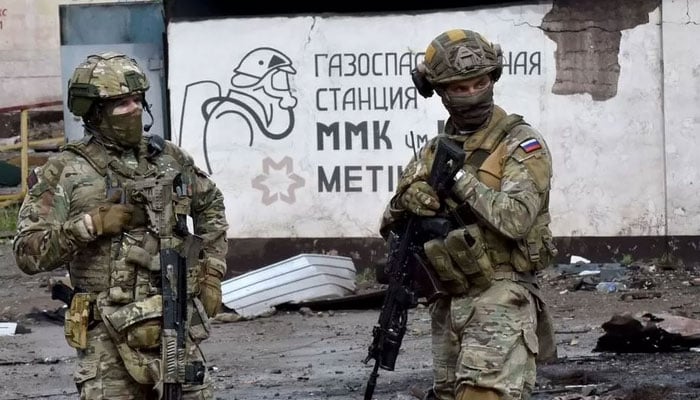Researchers working in partnership with the BBC have identified the names of over 30,000 Russian soldiers who have lost their lives in the ongoing Ukraine war in a startling revelation that contradicts official Kremlin claims.
The Russian government has publicly acknowledged only a fraction of this number, reporting no more than 6,000 casualties in the Ukraine war.
The exhaustive investigation, led by independent Russian news outlet Mediazona in collaboration with the BBC’s Russian service, meticulously pieced together the identities of fallen soldiers. Each name has been verified through rare official statements or cross-referenced with open-source data, including social media posts by bereaved relatives providing details such as burial dates and photographs of cemetery plots.
Contrary to Moscow’s narrative, these findings present a grim reality. The surge in casualties among Russian troops operating rocket launchers and artillery, particularly in the Zaporizhzhia region housing Europe’s largest nuclear power plant, points to a significant uptick in losses during Ukraine’s counteroffensive.
Wagner paramilitary group recruits and Russian military prisoners appear to have borne the brunt of the fatalities. Over 5,600 inmates, coerced into service, have been confirmed dead, highlighting their disproportionately high vulnerability. Draftees, numbering more than 3,100, have also suffered substantial losses, while the toll extends to at least 2,400 identified Russian officers, including 284 high-ranking officials.
The human cost of Russia’s aggressive incursion is undeniable. Despite attempts by military leaders to downplay the severity of the Ukraine war, Col. Gen. Mikhail Teplinsky, commander of Russia’s elite VDV Airborne Forces, conceded that 8,500 of his troops had been wounded, sidestepping the grim death toll. The revelations have shaken the Russian military establishment, with efforts made to suppress Teplinsky’s morale-boosting video address from state media.
The alarming scale of casualties raises questions about Russia’s “special military operation,” leaving experts perplexed by the discrepancy between official figures and the evidence on the ground.



Comments are closed.